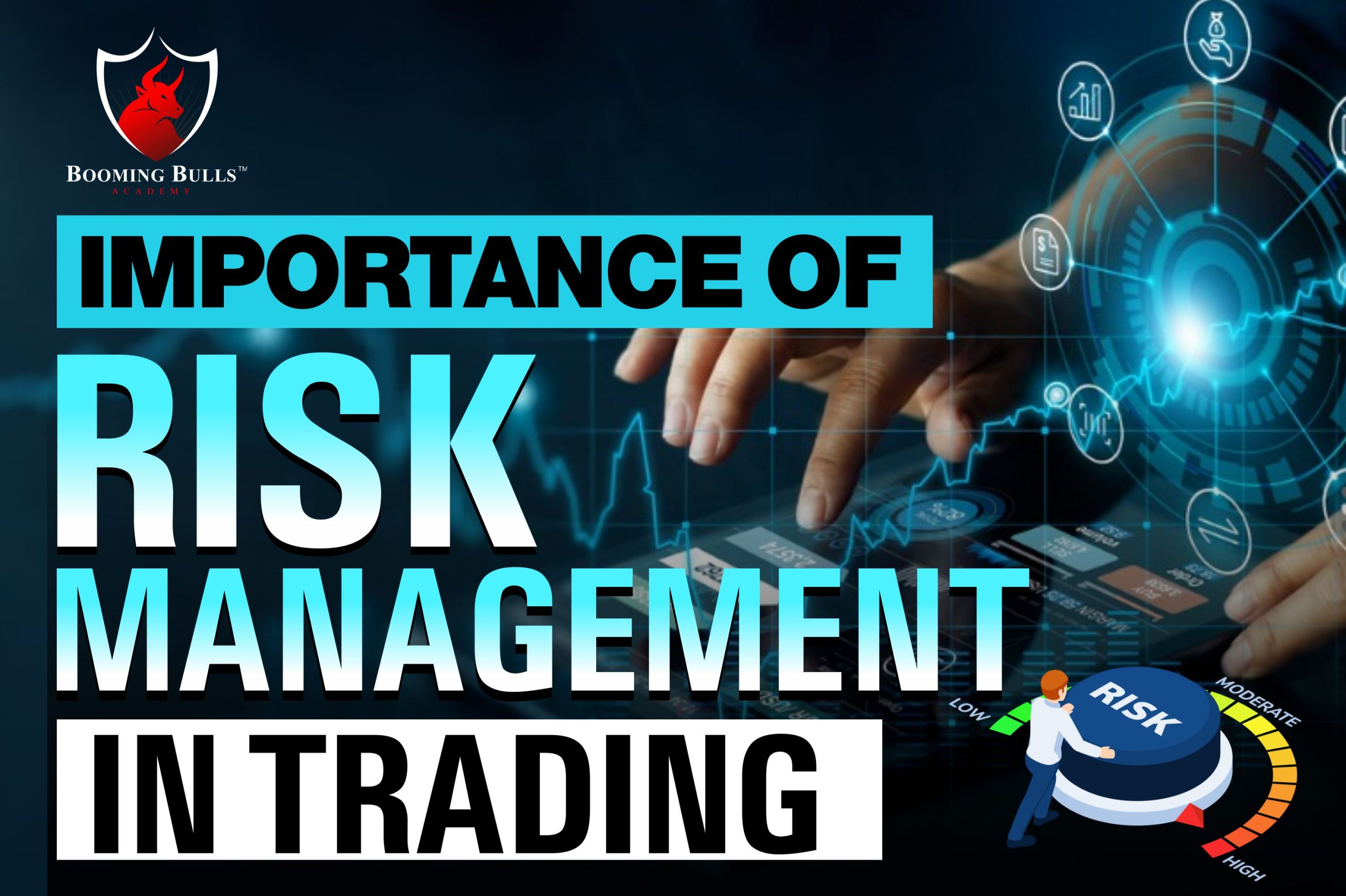Unlocking the Actual Importance of Risk Management for Continuous Growth
Checking out the Importance of Risk Management for Effective Decision-Making Approaches
In the detailed globe of organization, Risk Management arises as a critical aspect in the decision-making process. The ability to identify prospective hazards and chances, and strategize appropriately, can lead to the distinction in between success and failing.
Recognizing the Concept of Risk Management
Risk Management, a critical component in decision-making, is often misconstrued or oversimplified. Typically, it refers to the recognition, assessment, and prioritization of risks to minimize, keep an eye on, and manage the chance or influence of unfortunate events. However, it's not merely about avoiding negative results, yet additionally regarding acknowledging prospective possibilities. Risk Management includes self-displined and structured methods, utilizing information and informative assessments. It calls for a thorough understanding of the company's context, goals, and the potential threats that might thwart them. From financial unpredictabilities, legal obligations, strategic Management errors, to accidents and all-natural calamities, it deals with different threats. Significantly, efficient Risk Management is not stagnant; it's a continual, positive procedure that evolves with transforming situations.
The Role of Risk Management in Decision-Making Processes
In the world of strategic planning and business operations, Risk Management plays an indispensable function in decision-making processes. It assists in determining potential dangers and unpredictabilities that could affect the achievement of company purposes. By mapping these dangers, business can develop techniques to alleviate their influence, guaranteeing organization continuity and stability. Risk Management therefore ends up being a vital device in decision-making, assisting leaders to make enlightened selections based on a thorough understanding of the risks entailed. It urges a proactive strategy, making it possible for companies to anticipate and prepare for feasible future scenarios. This dramatically reduces the probability of adverse repercussions, advertising much more reliable and efficient decision-making strategies. Risk Management serves as an essential element in the decision-making procedures of any organization.

How Risk Management Improves Strategic Preparation
In the context of critical planning, Risk Management plays a critical duty. Launching with the recognition of potential risks, it even more reaches the execution of Risk reduction measures. The function of Risk Management is dynamic yet not fixed, as it demands constant tracking and adjusting of strategies.
Identifying Prospective Threats

Applying Risk Reduction
Risk mitigation techniques can range from Risk evasion, Risk transfer, to take the chance of reduction. Each method ought to be tailored to the particular Risk, considering its potential impact and the company's Risk tolerance. Effective Risk mitigation needs a deep understanding of the Risk landscape and the prospective effect of each Risk.
Surveillance and Adjusting Approaches
Though Risk reduction is a critical action in tactical planning, constant tracking and change of these techniques is equally important. This ongoing procedure allows companies to identify brand-new dangers and reassess existing ones, ensuring the implemented strategies remain reliable in the ever-changing business setting. It additionally supplies a chance to evaluate the success of the Risk Management procedures, enabling modifications to be made where necessary, additional improving tactical planning. Reliable monitoring and modification call for making use of analytics and crucial performance signs (KPIs) to measure performance. These tools give beneficial data-driven understandings that can educate strategic decision-making. Tracking and changing Risk Management approaches is a critical part for enhancing a company's durability and tactical preparation.
Case Researches: Successful Risk Management and Decision-Making
Worldwide of organization and financing, successful Risk Management and Check This Out decision-making commonly function as the pillars of prosperous enterprises. One such entity is a multinational oil company that mitigated monetary loss by hedging versus fluctuating oil rates. In an additional instance, a technology startup try this web-site grew by determining and approving high-risk, high-reward techniques in a volatile market. An international financial institution, faced with regulatory unpredictabilities, successfully navigated the scenario via positive Risk analysis and vibrant decision-making. These cases highlight the worth of astute Risk Management in decision-making procedures. It is not the absence of Risk, however the Management of it, that frequently separates successful business from not successful ones. These instances highlight the crucial role of Risk Management in tactical decision-making. importance of risk management. learn the facts here now
Tools and Strategies for Effective Risk Management
Navigating the elaborate puzzle of Risk Management requires the best collection of techniques and devices. These devices, such as Risk signs up and warmth maps, aid in identifying and evaluating possible dangers. Techniques consist of both quantitative approaches, like sensitivity analysis, and qualitative approaches, such as SWOT analysis. These aid in focusing on risks based upon their prospective influence and chance. Risk action techniques, an essential component of Risk Management, involve approving, avoiding, transferring, or mitigating threats. Surveillance and regulating dangers, with routine audits and reviews, make certain that the methods stay efficient. With these devices and techniques, decision-makers can browse the complicated landscape of Risk Management, therefore promoting notified and effective decision-making.
Future Fads in Risk Management and Decision-Making Strategies
As we check out the substantial landscape of Risk Management, it comes to be apparent that the tools and strategies utilized today will certainly remain to evolve. Future patterns aim towards an increased reliance on innovation, with man-made knowledge and equipment understanding playing substantial duties. These modern technologies will allow organizations to anticipate prospective threats with higher precision and make more informed choices. Additionally, there will be a growing focus on strength, not simply in handling risks but additionally in getting better from negative scenarios. The concept of Risk society, where every participant of an organization is mindful and involved in Risk Management, will certainly get much more importance. These trends advertise an even more positive and inclusive method towards Risk Management and decision-making.
Final thought

Risk Management hence ends up being a vital device in decision-making, assisting leaders to make enlightened selections based on a thorough understanding of the risks involved. Risk mitigation strategies can vary from Risk evasion, Risk transfer, to run the risk of decrease (importance of risk management). Reliable Risk reduction calls for a deep understanding of the Risk landscape and the potential impact of each Risk. Risk response techniques, a crucial component of Risk Management, include accepting, preventing, moving, or mitigating threats. The principle of Risk society, where every participant of a company is aware and entailed in Risk Management, will certainly obtain a lot more prestige